Field report on animal communication: Nathalie Stoop and Manuela Hartmann teach the annual animal communication training course at the Dolittle Institute
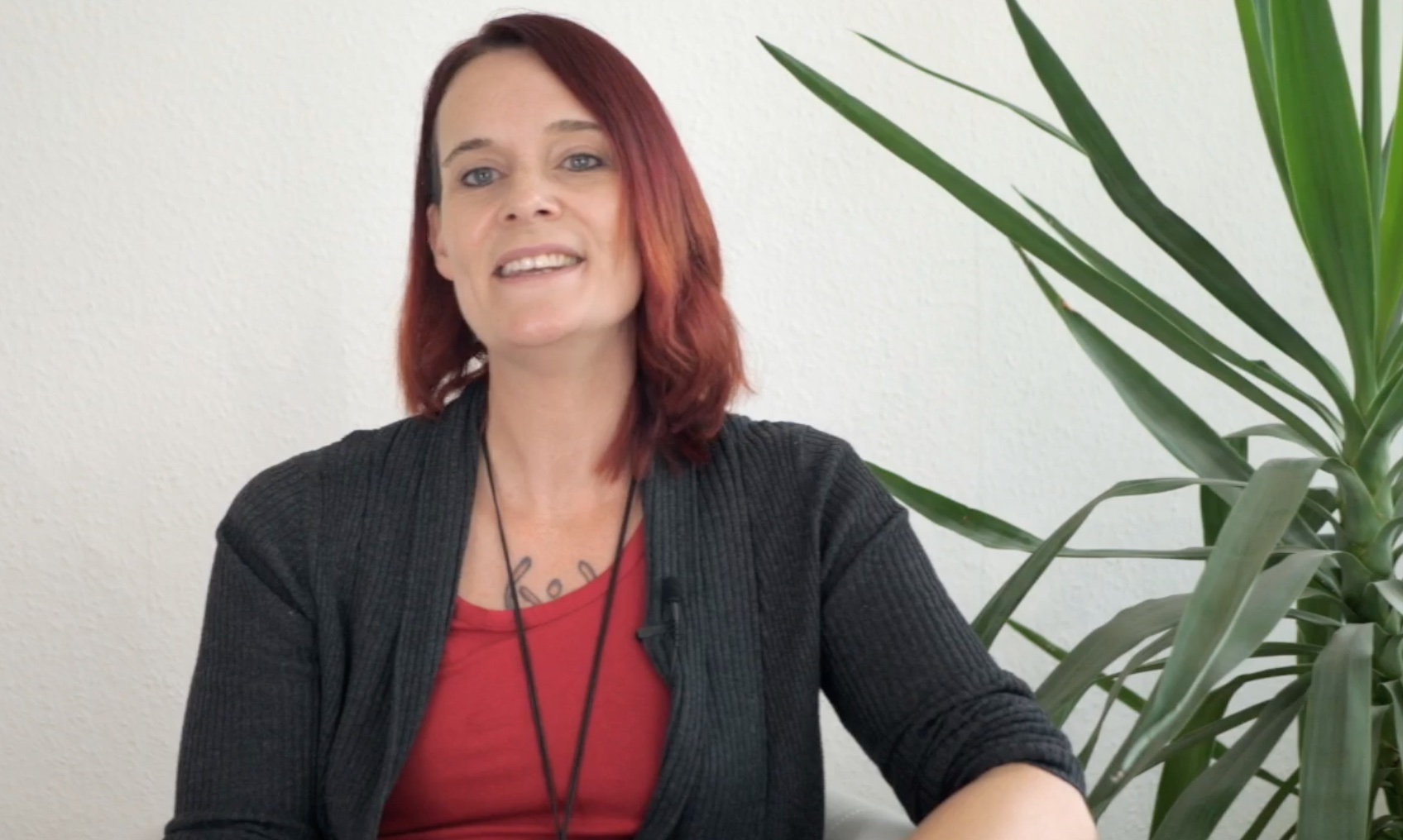
Nathalie Stoop (lecturer) and Manuela Hartmann (assistant) will be running an annual training course in animal communication at Dolittle from next year.
Please tell us about your career to date and your current position.
Nathalie: I am Nathalie Stoop and I have been involved in animal communication for over 20 years. I have always had animals myself and also had problem cases among them. That's why I was looking for a new way to deal with animals. This led me to animal communication. I have also completed various continuing education, further training courses in this field. From next year, I will be teaching one class of the annual training course at Dolittle. I am really looking forward to passing on my knowledge to the students.
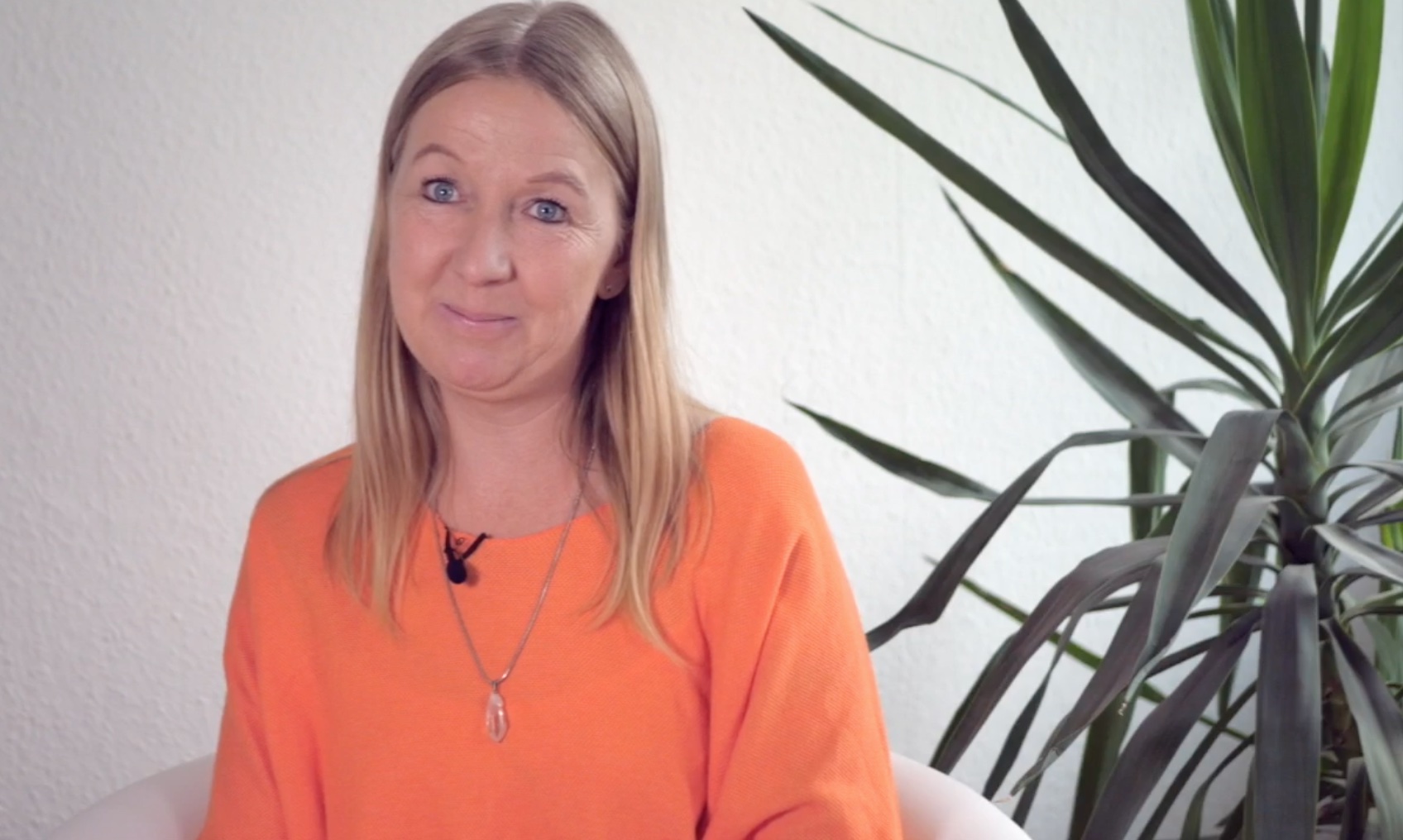
Manuela: My name is Manuela Hartmann. I currently work part-time as a commercial employee. I also work as an animal communicator. Next year I will be assisting Nathalie for the annual animal communication training at Dolittle. I completed this training with Tanja Bärtschiger myself in 2019.
Who would you recommend the annual course in animal communication to?
Nathalie: I would recommend the training to all kinds of people who want to understand their animals better. Also people who already work with animals. No previous knowledge is necessary for the animal communication course, what is important is the connection to the animals and the will to have a better understanding of your own animals or those of your clients. The one-year course can build up a really good foundation of animal communication knowledge. It takes a longer process to develop this perception yourself up to professional implementation in all areas of animal communication.
Manuela: Anyone who is open to learning new things. But who is also not afraid to work on themselves and improve. Anyone who sees more than just black and white.
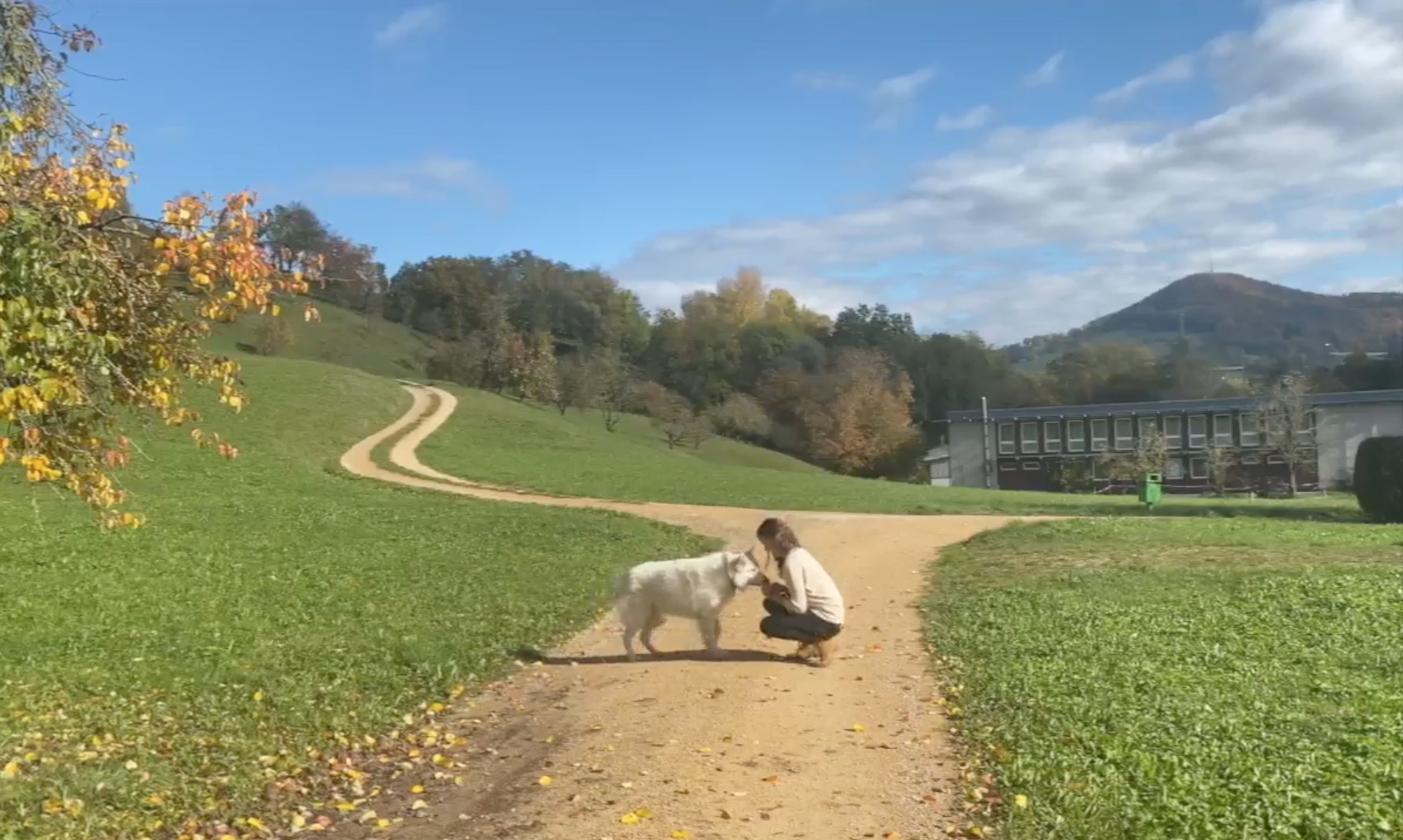
What opportunities do graduates have after completing the course?
Nathalie: All graduates receive a diploma and recognition from the Swiss Animal Communication Association. This is unique in Switzerland and a good recognition for all those who want to work as animal communicators. The basic training prepares you for a career as an independent animal communicator. It provides a good basic foundation for working with clients in the field of animal communication. Course participants receive the necessary tools for this. Collaboration with therapists is also conceivable.
Manuela: My example shows that after training, you can pursue your vocation as an animal communicator. You have a foothold for self-employment that you can slowly build up part-time. This is how I was able to gain a foothold as an animal communicator and offer animal communication professionally.
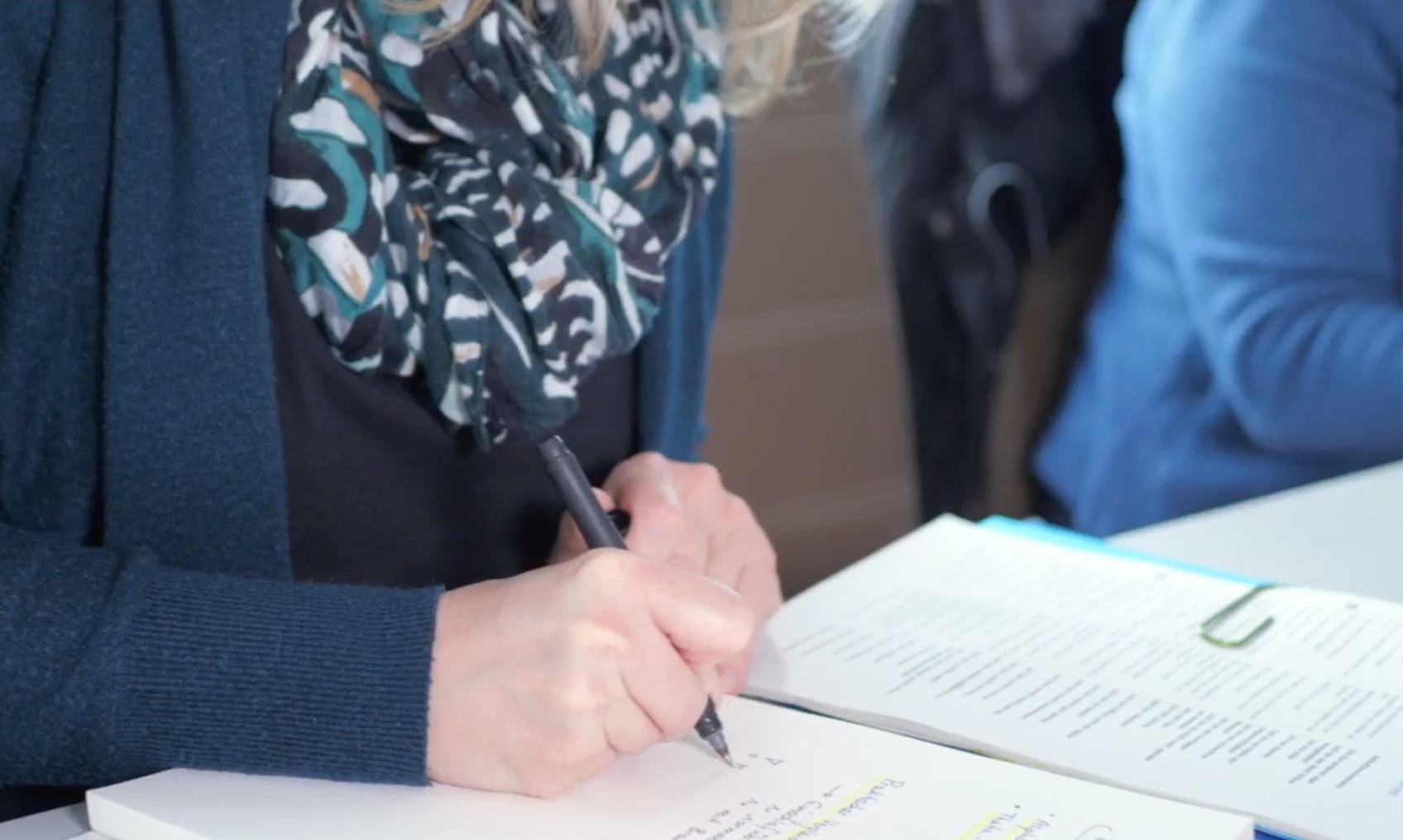
What is the content of the animal communication course?
Nathalie: The training content includes sensitive animal communication - communication with living animals, basic knowledge of complementary medicine, insight into mediumistic work with deceased animals and personality development for authentic implementation.
Manuela: In addition to the theoretical part, there are many practical exercises in which participants receive direct feedback. This teaches you how to better understand and get to know your soul language. In my opinion, this is essential for a future career in animal communication. In addition, the work on yourself as a person is also important and gives you the necessary calm and composure for your later work as an animal communicator.
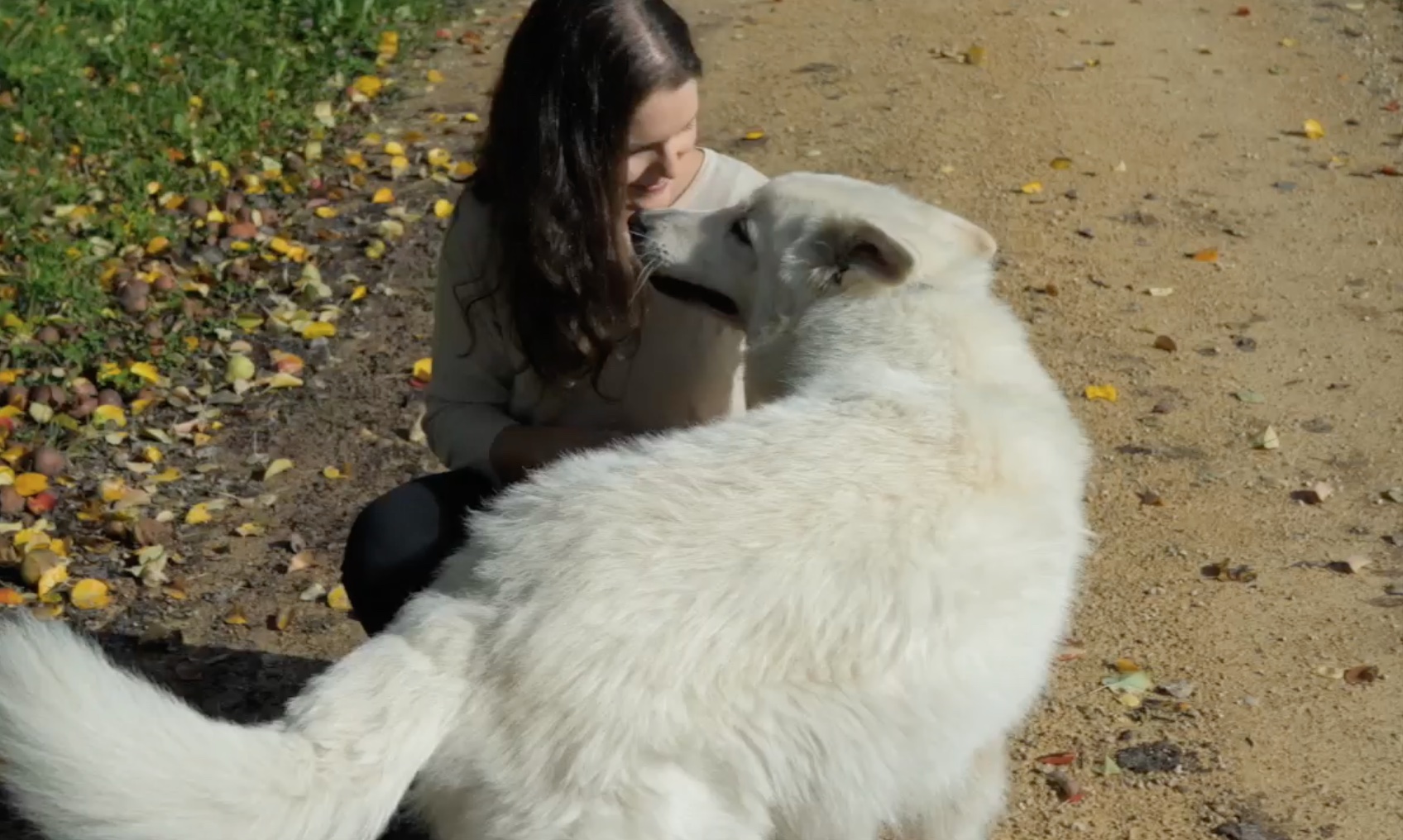
What makes Gipf-Oberfrick an interesting place to study?
Nathalie: The educational location of Gipf-Oberfrick in Aargau is easily accessible for people from Basel, Zurich, Bern or the German border. The Dolittle school is therefore easily accessible and there are free parking spaces right outside the school.
Manuela: For me, the location of the Dolittle school for animal communication courses is great. It has plenty of parking spaces. It's surrounded by greenery and you can enjoy the countryside during the break.
Why should students choose Dolittle?
Nathalie: Dolittle Institute offers a very serious continuing education, further training in the field of animal communication, which is recognized by the Swiss Animal Communication Association. What's more, the course itself involves people to a great extent. We not only cover how animal communication works, but also how to deal well with people and owners. Ultimately, a good animal communicator must also be able to solve existing problems and communicate clearly with the owner. In addition, there is a personality development process for each participant, which also helps them to progress in life.
Manuela: Dolittle offers serious, understandable, competent and well-founded training in the field of animal communication. In addition, the basic course allows you to get a taste of the subject first to see if it really is the right thing for you. The course times are flexible depending on the topic and progress. Live animal communication on the farm with strangers, to whom you share your results, is also challenging. You have to overcome your inhibitions and put yourself in the situation.
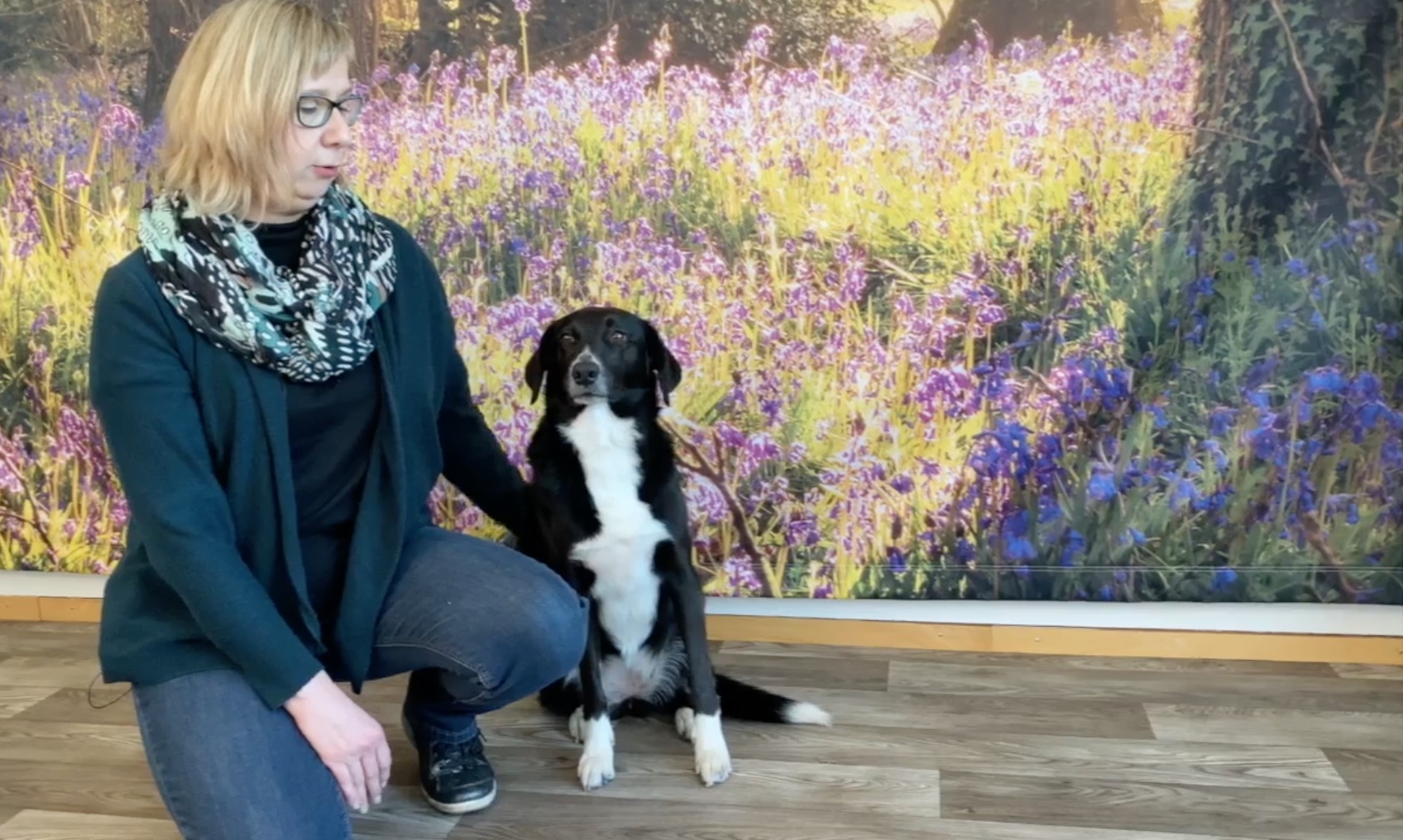
What excites you about animal communication?
Nathalie: For me personally, animal communication is a completely different level to anything I have known up to this point. For me, it is a level on which I can connect with the animal and gain insight into its soul. This allows me to understand the animal, how it is feeling, what it is feeling and what motivates it. This helps me to connect on a much closer level and to develop an understanding of the animal.
Manuela: I chose animal communication because I have always had animals around me since I was a child. I always had a special connection with them. I got a taste of animal communication through a basic seminar. This showed me that there are other ways to communicate with animals. I find it fascinating how you can get information from the animal on a different level. This gives animals the opportunity to communicate and improve their lives with humans.
What was your most formative experience in this context?
Nathalie: I have had various experiences with animals through animal communication that were very formative for me. These were situations in which you could solve really big problems simply with the animal. Through a message or conscious communication with the animal. For example, by asking them to refrain from a certain behavior. And to find out that animal communication also works over long distances across countries via telephone contact. The most formative experience was my first animal communication with my cat, who was happy that I finally understood him.
Manuela: For me, an animal communication was a key experience in which I was able to describe their home to the owners exactly as it actually was. I was shocked myself at how accurate everything was. This practical example confirmed to me that animal communication works for me.
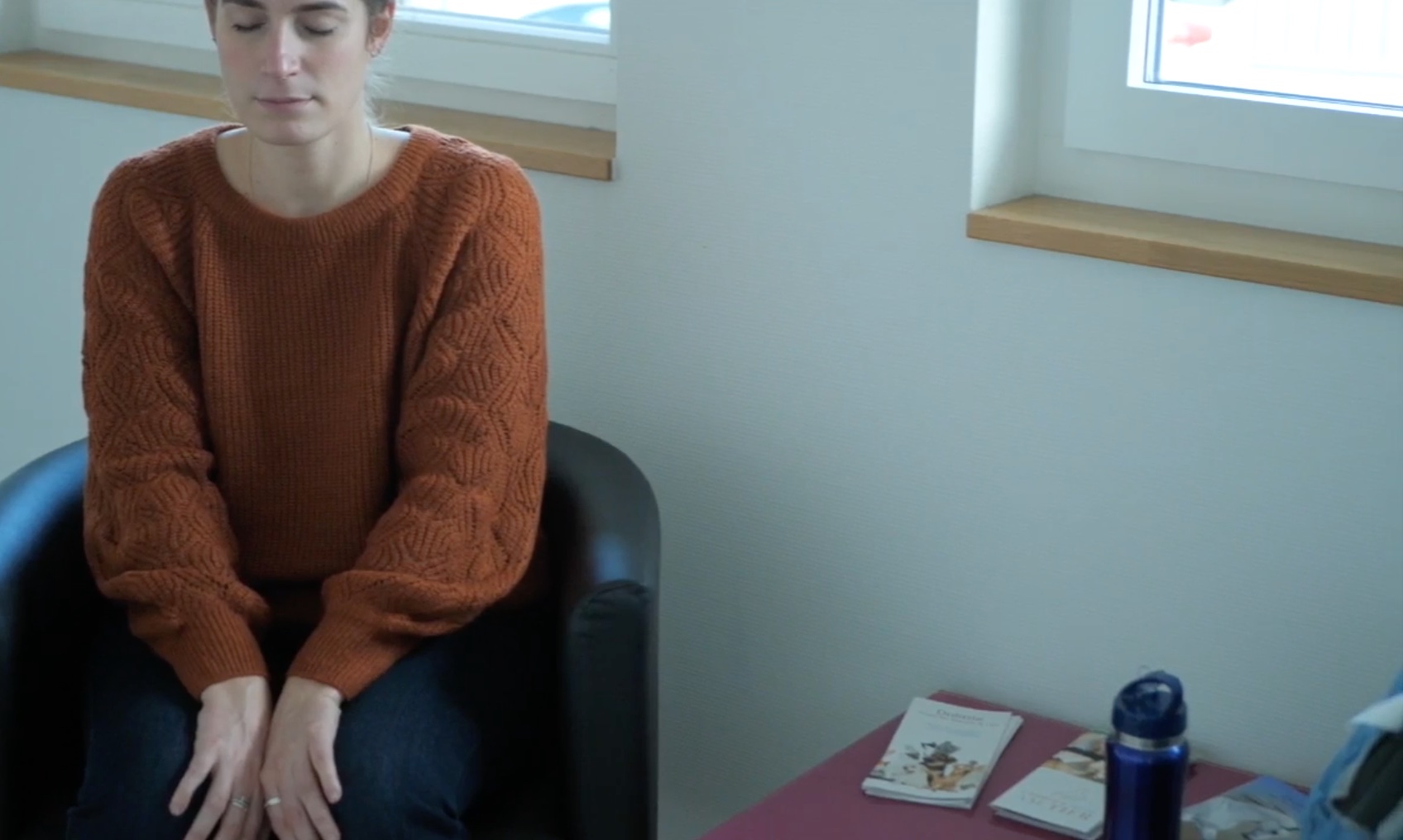
What is important to you personally as a lecturer?
Nathalie: For me personally as a lecturer, it is important that every course participant learns everything in a very basic and serious way. And that they gain confidence in dealing with animal communication through the training. So that graduates can then venture out into the world knowing that they have learned the subject in order to support people and animals. A lot of good can be achieved in this way.
Manuela: I also want to contribute to a good atmosphere in my role as an assistant. A high level of trust among the participants helps everyone to have a good time during the training.
